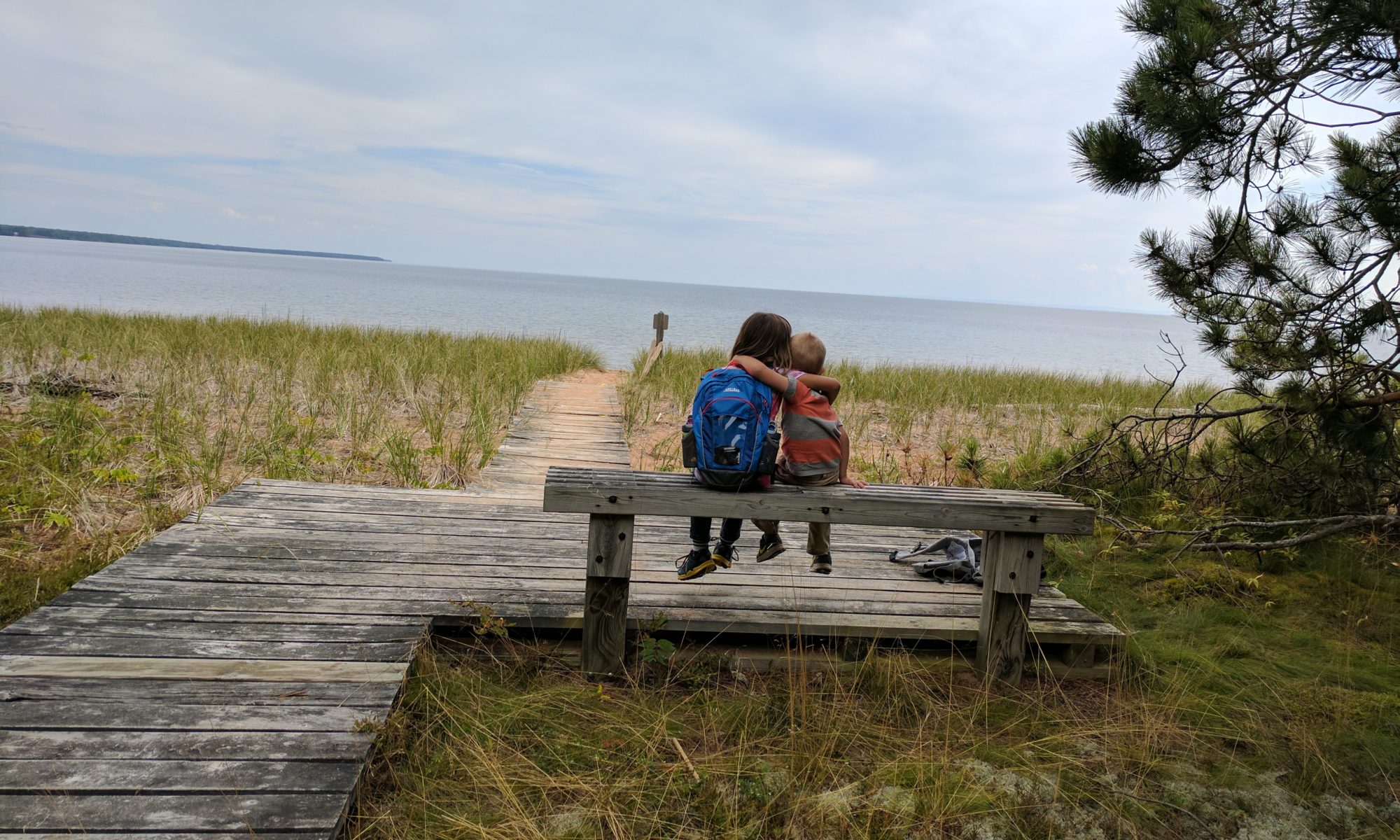I was going to write something about this a few months ago when NPR’s Science Friday did a blurb about it, but they just revisited the same subject again this past Friday and, today, I see another comment from ArsTechnica that goes over the same issue: science education in the United States is sorely lacking and it really needs to get fixed (put simply…).
The basic premise is that there is a divide between those that know science and those that don’t, and that divide is very difficult to surmount. As the ArsTechnica blurb points out, you can look at a set of data (in their example, a graph of CO2 and global temperatures over the centuries) and come to two different, one-sentence conclusions. The correct interpretation, however, takes three paragraphs to explain, and even then, it uses quite a bit of jargon. The problem, therefore, lies in both parties: the scientists can’t explain things succinctly enough to hold the general population’s attention, and the general population doesn’t have enough understanding and background knowledge to “get it” in anything shorter than a few paragraphs. Then, the result is that scientists stop trying to explain themselves and the general population will listen to any interpretation that’s short enough for them to follow, and assume it’s “the whole story.” The vast majority will look for the “quick fix” informative blurb (read: Wikipedia) and won’t, instead, take an extra college-level course in basic biology, chemistry or physics.
You can see the effects of this not only in the climate change “debate” and in such things as the need for vaccinations for young children, or more recently, in the health care debate. Hitting each of those briefly: 1). there is effectively no climate change “debate,” so far as the science goes; 2). the evidence in favor of vaccinating your children is overwhelming, and the evidence against it is ridiculously lacking; and 3). the health care “public option” will not kill your grandmother. These are all examples of very complicated issues that cannot be covered in a 5 min. newscast window to any real degree, BUT if people were educated properly on the background information, it actually COULD, potentially, be explained in a succinct manner.
Obviously, that last example (health care) is only peripherally related to science education, but I think there are plenty of principles from science education that translate into higher learning, in general, and can help promote understanding across the broader population. Not to sound too elitist (which I am…sorry…it’s how I roll), but I’d like to think that my head tends to work in a logical, evidence-based manner: if I’m wrong on a point, for the most part, I’ll accept that I’m wrong when I’m presented with the evidence that proves it. This is also how science works, in general: you put forth an idea (read: hypothesis) and then you look for evidence that supports it, but also for evidence that refutes it. This is the bedrock principle that all of scientific thought is built upon: evidence is required to make a conclusion, otherwise a true conclusion cannot be made and more evidence must be obtained. Things like global warming, evolution and childhood vaccinations have a wealth of evidence in support of them and very little that refute them.
Here we come to the point: the more science-based classes, or education in general, that people experience, the more likely they will be to think in a logical, evidence-based manner and, therefore, should make better decisions about themselves and society. When they are told something on TV or in a magazine or on a blog, they will be more likely to investigate the matter themselves, searching for unbiased, peer-reviewed sources. They will be less likely to listen to the opinions of others without having those opinions backed up by concrete, verifiable, evidence. One would hope that you could simply be “educated” and do all of these things, but there are plenty of “educated” people out there that don’t think very logically and can’t make a reasonable argument for or against a point. More “science-educated” people, however, would potentially help the matter.
Case in point: if anyone had actually bothered to check into the U.S. House bill being shopped around, they would find that there is no such provision for a death panel, as being touted by many on the conservative Right. It just isn’t in there. There’s no evidence to back it up. Yet, because we (read: Americans) are lazy and want things distilled down to a few bullet points, that idea can be propagated and used for nefarious ends.
Anyway, these are just some things I’ve been thinking about recently in dealing with people that are against a public option; and others that believe what they’re told without reading about those things from third-party sources, or at least truly listening to the broad evidence against their view before summarily dismissing it. These are all the type of people that have probably been around since the beginning of time, but I really think that it’s the kind of issue that could be solved by increasing logic-based, science-oriented education not only at the high school level, but especially at the college level. I have no clue how to make that happen unless at the expense of other coursework that is also important, like english, social studies, etc…but maybe it’s the kind of thing where we just need to hire more teachers and start teaching kids 10-11 months out of the year instead of 9 months.
Good luck with that, Andy…






